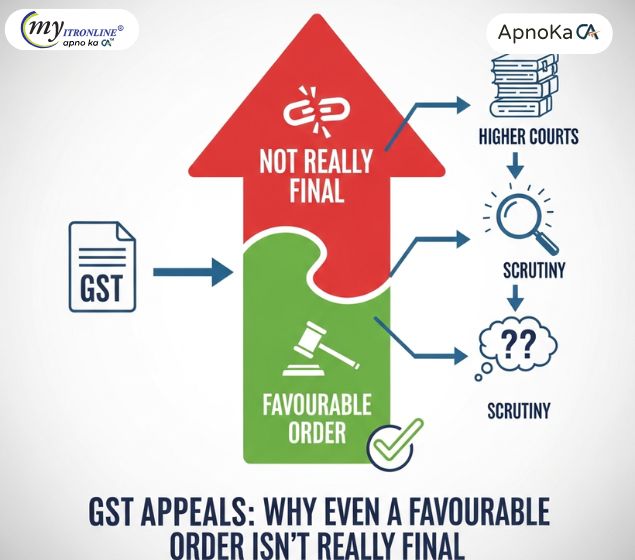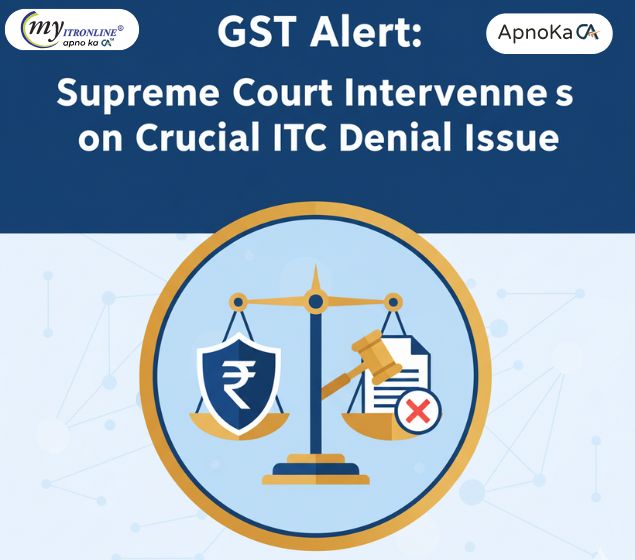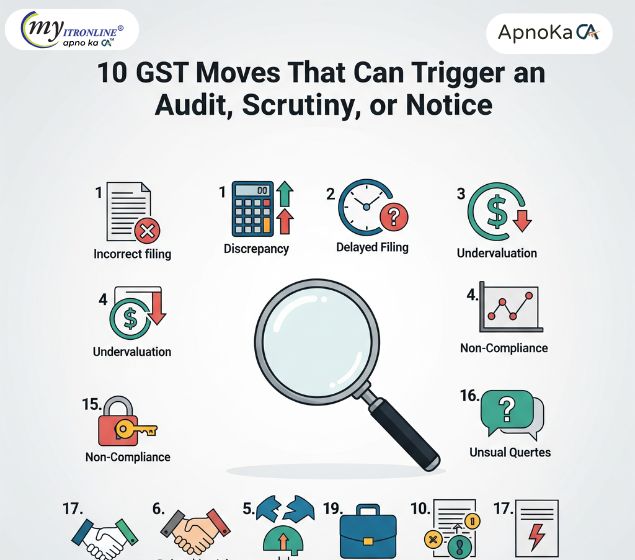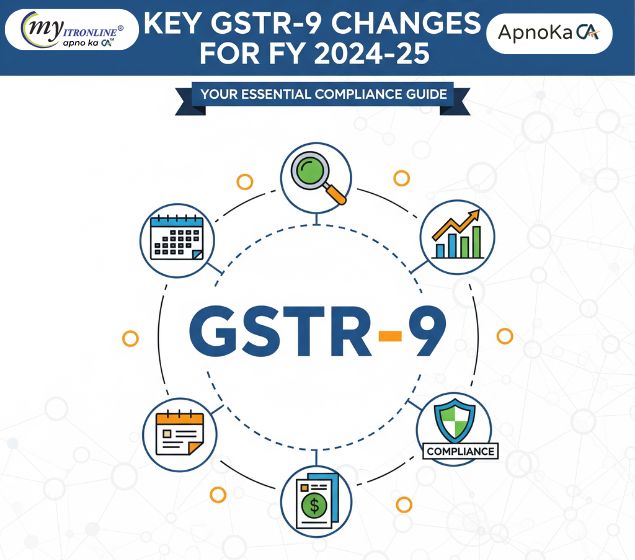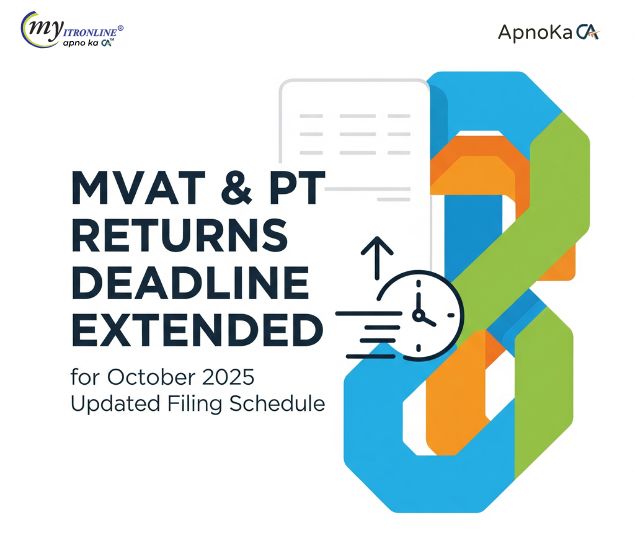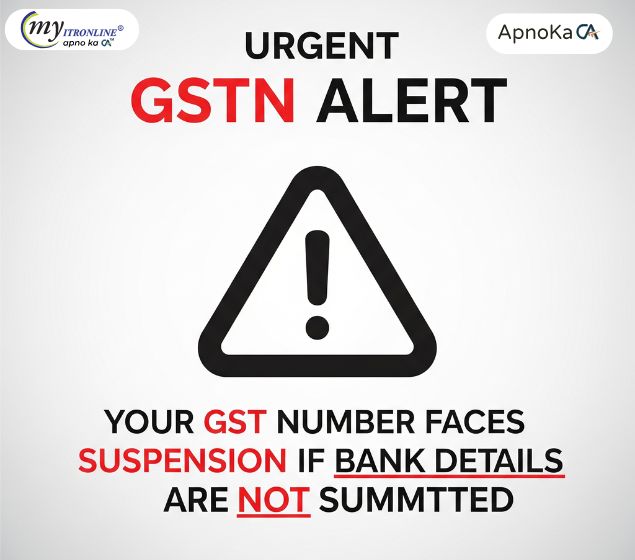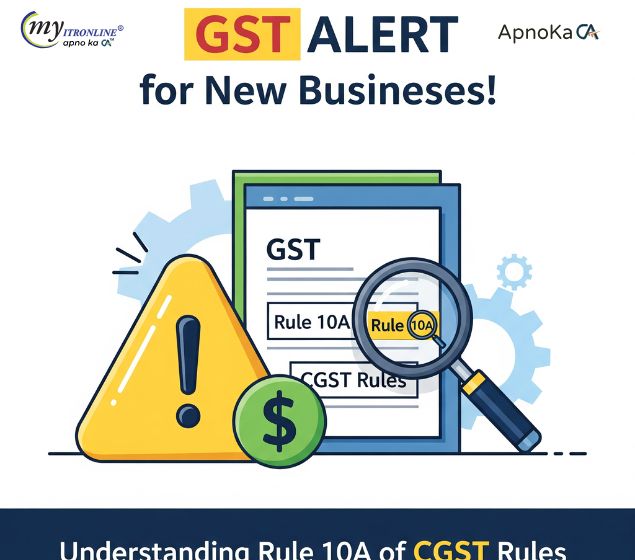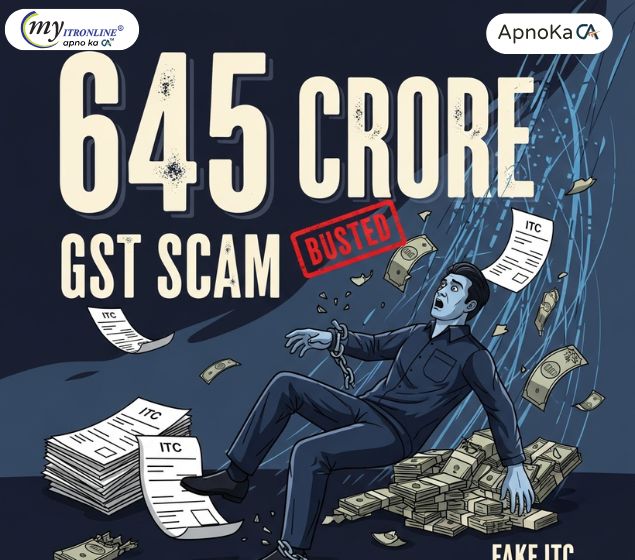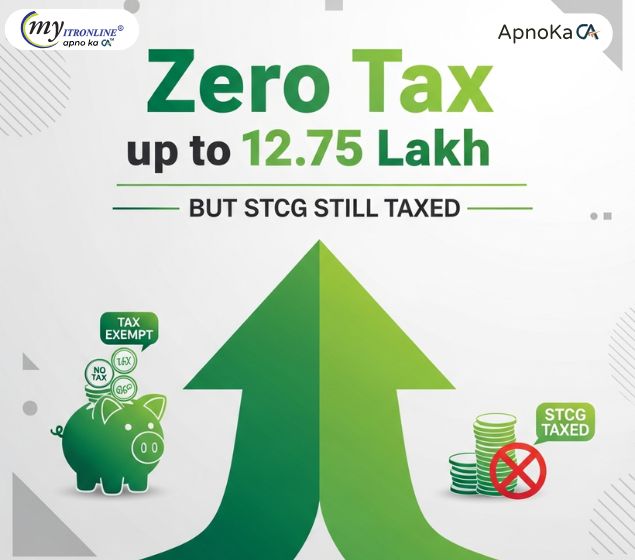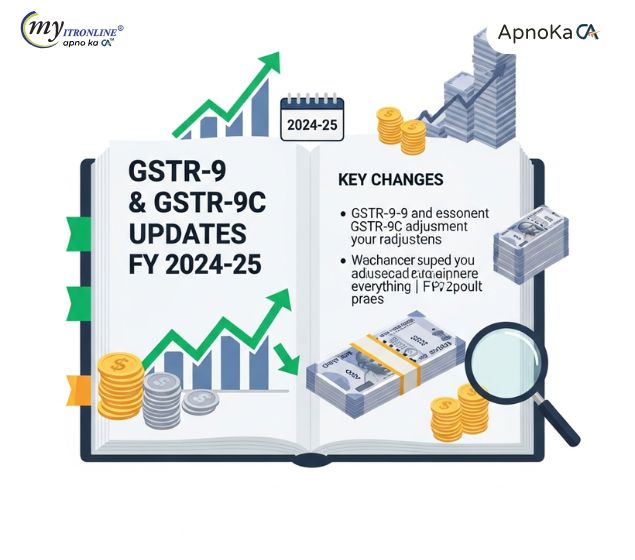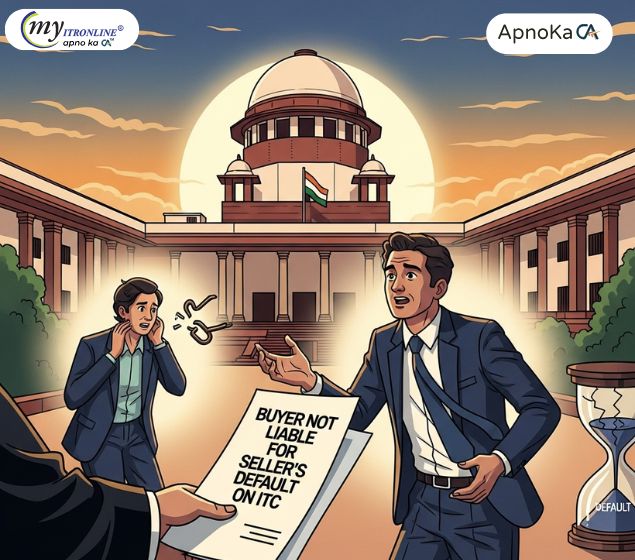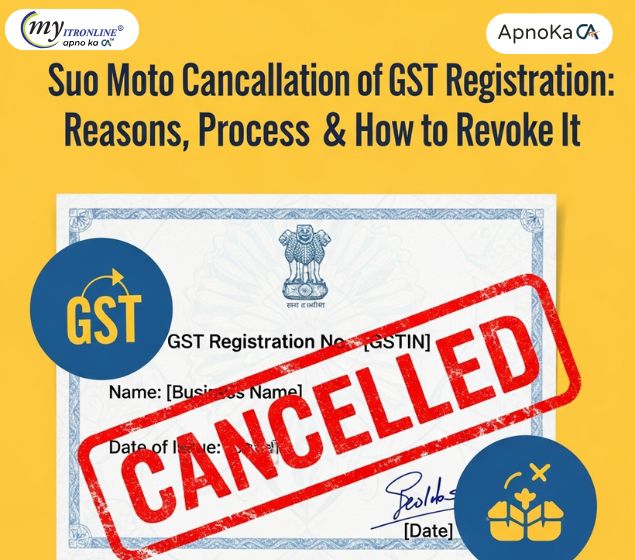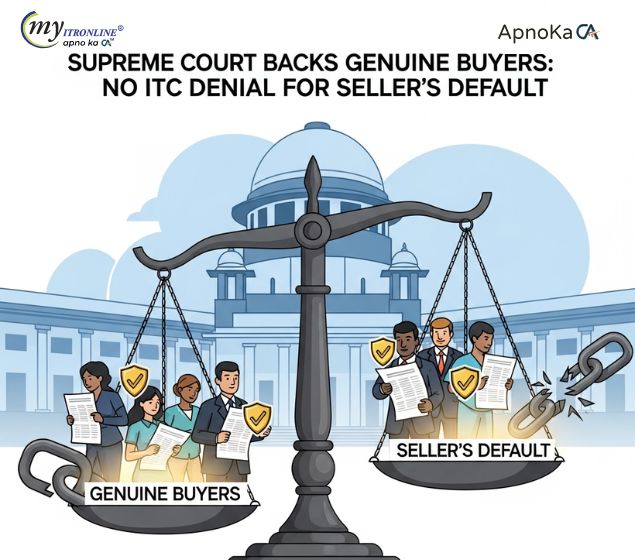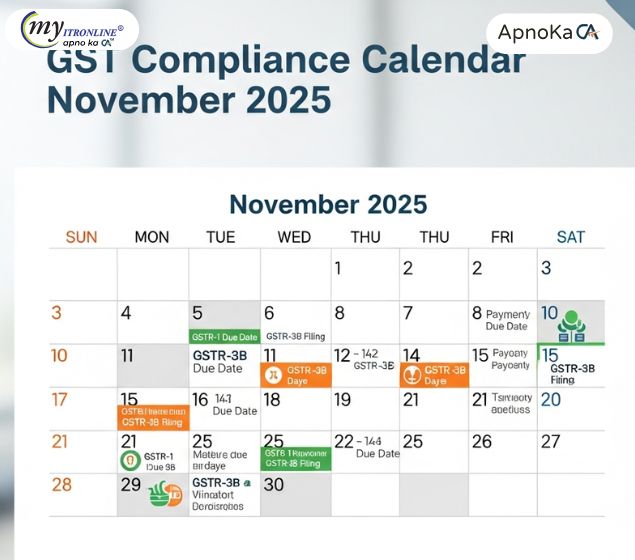Keep Using UPI Freely: No GST on Transactions Above 2,000, Govt Assures
The Indian government affirms there is no GST on UPI transactions exceeding 2,000. This post clarifies that the confusion arose from NPCI's March 2023 introduction of interchange fees (up to 1.1%) specifically for merchant payments over ₹2,000 made via PPI wallets; this fee is not GST and isn't paid by customers. Standard bank-to-bank UPI remains free due to the MDR waiver. The government actively supports UPI growth through incentive schemes.

Clearing the Confusion: No GST on UPI Transactions Over ₹2,000, Government Affirms
In the arena of digital payments, India's Unified Payments Interface (UPI) has emerged as a remarkable success story. It's quick, easy to use, and generally free. However, misunderstandings can sometimes occur regarding possible fees. Recently (around April 2025, reflecting clarifications from 2023), questions arose about whether Goods and Services Tax (GST) applies to UPI transactions over ₹2,000.
Let's clarify: The Government of India has made it abundantly clear that there is NO GST imposed on UPI transactions, no matter the amount. Claims to the contrary have been officially dismissed as "false, misleading, and lacking any basis" by the Ministry of Finance and the Press Information Bureau (PIB).
So, what caused this misunderstanding, and what is the real situation?
The Origin of the Confusion: Interchange Fees vs. GST
The mix-up seems to have originated from a circular released by the National Payments Corporation of India (NPCI) in March 2023. This circular implemented an interchange fee (up to 1.1%) on specific UPI transactions under certain conditions:
- Condition 1: The transaction amount must exceed ₹2,000.
- Condition 2: The payment should be made to a merchant (not a person-to-person transfer).
- Condition 3: The payment must be initiated from a Prepaid Payment Instrument (PPI) – such as digital wallets or prepaid gift cards utilized via UPI.
Importantly, this interchange fee is NOT GST.
- Interchange Fee: This is an internal charge within the payments ecosystem. It is generally paid by the merchant's bank (acquirer) to the PPI issuer (such as the wallet company) for enabling the transaction. It is conceptually similar to fees linked to card payments. Customers DO NOT bear this fee.
- GST (Goods and Services Tax): This is a tax imposed by the government on the provision of goods or services.
The introduction of the interchange fee for specific PPI-based transactions was likely misinterpreted by some as a new tax or charge on all high-value UPI payments.
Government Clarifies: Why GST is Not Applicable on UPI
The Ministry of Finance and PIB have been very explicit about this:
- No Proposal: There is no proposal currently being considered by the government to impose GST on UPI transactions.
- GST Applies to Charges, Not Transactions: GST is usually applied to service fees related to payments, such as the Merchant Discount Rate (MDR).
- MDR Waived for UPI: The government, via a CBDT notification effective January 2020, specifically abolished/waived the MDR on Person-to-Merchant (P2M) UPI transactions.
- Conclusion: Since there is no MDR charged on standard P2M UPI transactions, there is no foundational service fee upon which GST could be applied. Therefore, there is no GST applicable to these UPI transactions.
What Continues to Be Completely Free for Users and Merchants?
The vast majority of UPI transactions are entirely free:
- Person-to-Person (P2P) Transfers: Transferring money to friends and family, etc., using your linked bank account through UPI is free.
- Person-to-Merchant (P2M) Transfers (Bank Account): Paying merchants by scanning a QR code using your linked bank account via UPI is free for both the customer and the merchant (as MDR is zero).
NPCI data indicates that these standard bank-account-to-bank-account transfers account for over 99.9% of all UPI transactions.
Who Bears the Interchange Fee (and When)?
To reiterate, the interchange fee introduced in 2023 is applicable only under these specific conditions:
- Payment to a vendor.
- Amount exceeding ₹2,000.
- Payment conducted using a PPI (Wallet/Prepaid Card) through UPI.
In these specific instances, the bank of the merchant usually covers the fee to the wallet provider. Although merchants do not directly compensate the customer's wallet company, this charge may eventually be included in their overall business costs or recuperated indirectly. The customer who makes the payment does not incur this fee.
Government's Support for UPI
The government not only refrains from imposing taxes on UPI, but actively encourages its utilization. Since FY 2021-22, an incentive program has been available, specifically aimed at low-value UPI (P2M) transactions. This initiative benefits small vendors by reducing transaction fees, fostering broader acceptance, and demonstrating the government's dedication to a strong, affordable digital payments framework. Substantial funds have been allocated to this program over the recent years.
Conclusion: UPI Remains Predominantly Free and Exempt from GST
The main point is clear: there’s no need to be concerned about GST being applied to your UPI transactions. The government has consistently stated that UPI transactions themselves are exempt from GST. While a specific interchange fee exists for high-value merchant payments through wallets, this does not impact customers directly and does not apply to the majority of regular bank-to-bank UPI transfers, which remain free. UPI continues to serve as a vital component of India’s digital payment transformation, propelled by its convenience and cost-efficiency.
FILING YOUR INCOME TAX RETURN F.Y 2024-25 (A.Y. 2025-2026) WITH MYITRONLINE
The income tax filing deadline is right around the corner. If you haven’t filed yet, do it today with Myitronline! Avoid last minute rush and file your tax return today on MYITRONLINE in Just 5 mins.(www.myitronline.com)
If you are looking for eCA assistance to file your income tax return/ GST, you can opt for MYITRONLINE eCA assisted plan starting
Upload Salary Individual Form-16
If you have any questions with filing your tax return, please reply to this mail. info@myitronline.com OR call 9971055886,8130309886.
Note-All the aforementioned information in the article is taken from authentic resources and has been published after moderation. Any change in the information other than fact must be believed as a human error. For queries mail us at marketing@myitronline.com
Krishna Gopal Varshney
An editor at apnokacaKrishna Gopal Varshney, Founder & CEO of Myitronline Global Services Private Limited at Delhi. A dedicated and tireless Expert Service Provider for the clients seeking tax filing assistance and all other essential requirements associated with Business/Professional establishment. Connect to us and let us give the Best Support to make you a Success. Visit our website for latest Business News and IT Updates.
Leave a reply
Your email address will not be published. Required fields are marked *Share this article
Krishna Gopal Varshney, Founder & CEO of Myitronline Global Services Private Limited at Delhi. A dedicated and tireless Expert Service Provider for the clients seeking tax filing assistance and all other essential requirements associated with Business/Professional establishment. Connect to us and let us give the Best Support to make you a Success. Visit our website for latest Business News and IT Updates.
View articles








